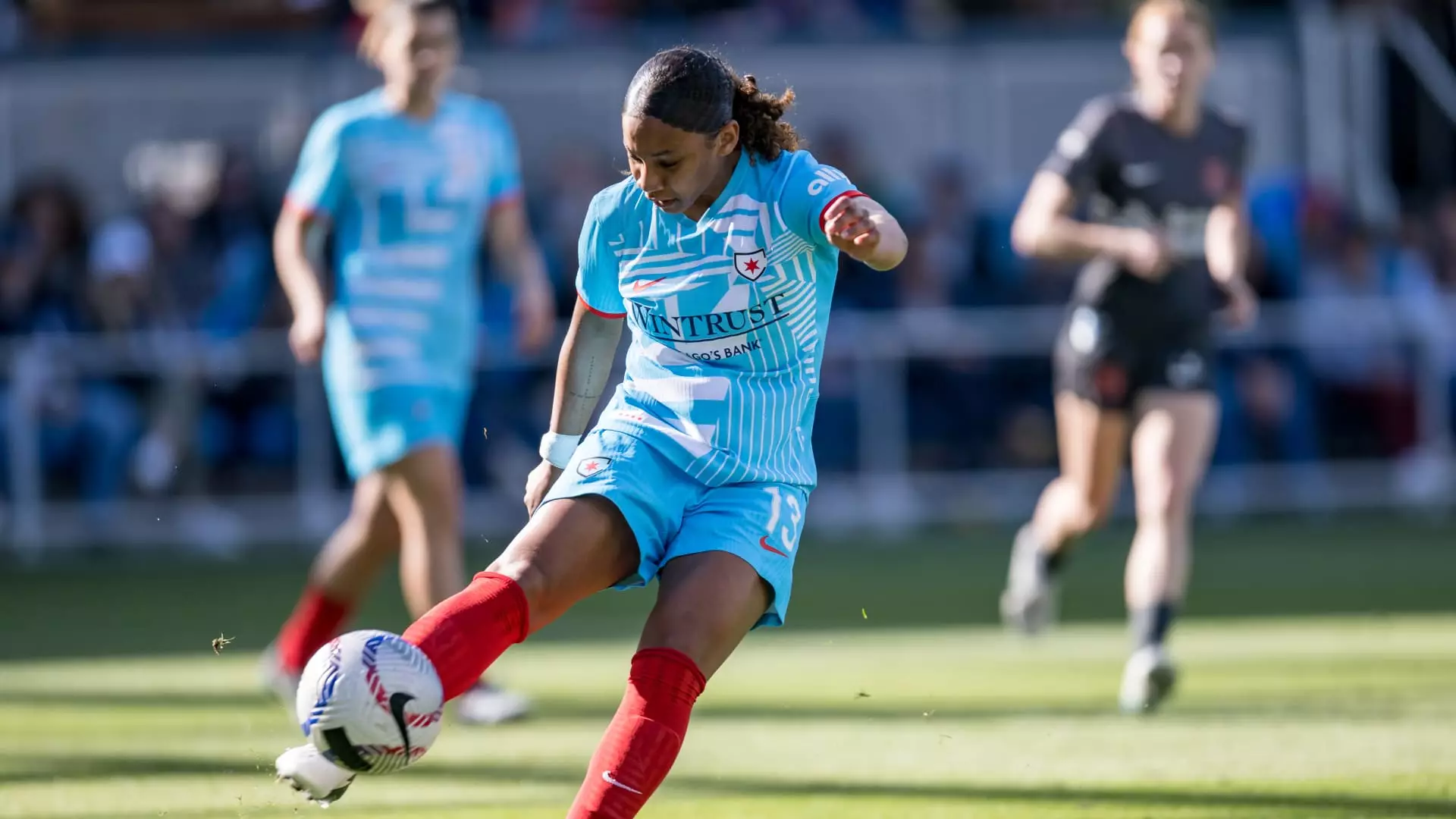In an era where industries are increasingly seeking innovative ways to redefine their corporate identity and foster meaningful community engagement, Gallagher’s recent initiative represents a bold move that challenges conventional perceptions of both athletes and corporate professionals. Traditionally, the world of professional sports has been sheltered from the corporate sphere—viewed primarily through the lens of entertainment, physical prowess, and fleeting fame. Gallagher’s decision to integrate current athletes into its internship programs signifies a deliberate attempt to bridge this divide, asserting that athletes possess qualities quintessential to successful business leaders. This strategy not only enhances the company’s brand perception but also exposes a glaring truth: the traits that make athletes successful—discipline, resilience, teamwork—are highly transferable and undervalued in corporate settings.
What really underpins this effort is a recognition that modern capitalism benefits from blurring the rigid lines that have long segregated industries and identities. Athletes are not just performers on a field; they are often strategic thinkers, highly disciplined, and adept at managing the intense pressures associated with high-stakes environments. Gallagher’s move is more than a corporate experiment; it’s a calculated pushback against outdated stereotypes that limit athletes to their sport and overlook their potential as future corporate innovators.
Challenging Stereotypes and Uplifting New Talent
This initiative subtly destabilizes the long-standing notion that a career in sports is incompatible with steady, post-retirement employment in the corporate world. By providing structured internships that offer real-world experience—covering insurance, sales, and corporate culture—Gallagher is creating a blueprint for athletes to transition seamlessly into professional life after the final whistle. The importance of this cannot be overstated: many athletes face an uncertain future once their athletic careers end, often with limited preparation or support.
However, this program is not merely about preparing athletes for life after sport; it also serves a strategic purpose. It signifies a shift in corporate attitude—a recognition that the qualities developed on the field can be a major asset in the business world. From leadership skills to strategic thinking, athletes offer a unique blend of attributes that companies can harness. This move epitomizes a centrist philosophical stance that celebrates individual achievement and recognizes that talent is not confined to traditional pathways. It’s a pragmatic approach, emphasizing that success is not solely built on formal education but also on grit, determination, and the ability to perform under pressure—traits that athletes embody and that corporations desperately need to embrace.
The Significance of Industry-Backed Talent Development
Gallagher’s approach also highlights a critical flaw in the current talent pipeline: the lack of recognition of intangible skills outside white-collar environments. By actively investing in athletes, Gallagher and similar companies are making a statement about the importance of diverse experiences and unconventional talent. The direct involvement of professional athletes in internships offers valuable lessons: they understand teamwork, leadership, strategic planning, and resilience—humility, accountability, and a relentless pursuit of excellence.
Furthermore, this approach reveals the beginning of a broader shift in industry thinking. Corporations are starting to see that investing in talent—regardless of its origin—can yield dividends in corporate innovation and stability. The fact that Gallagher has hired some interns and that European companies are employing athletes in high-performing roles underscores this trend. It suggests that the traditional, narrow view of talent acquisition and development is outdated; now, value is increasingly associated with diverse backgrounds and versatile skills.
Of course, there remains a calculated risk in one’s reliance on athletes who may not have the traditional academic credentials or extensive corporate experience. But that’s precisely the point: society is evolving to value individual merit over purely conventional qualifications, and corporations that recognize this early will gain long-term strategic advantage.
Redefining Power Structures and Economic Opportunity
At a foundational level, Gallagher’s intern program implies a subtle challenge to entrenched elitism. It advocates for a meritocratic approach where qualities like determination, leadership, and resilience overshadow predefined credentials or social privileges. By investing in athletes—individuals frequently marginalized as being solely physical talents—Gallagher elevates a broader class of individuals who can contribute meaningfully to the economy.
This has implications beyond athlete internships. It signals that corporate America, at least some segments, are ready to reconsider what constitutes valuable human capital. It also hints at a future where industries work more collaboratively with different sectors of society, fostering cross-pollination of skills and experiences that could stabilize economic contributions from a wider demographic base. In the end, such moves are likely to foster a more resilient, dynamic, and competitive economy—an economy that prizes adaptability, discipline, and teamwork over blind credentialism.
This paradigm shift is very much aligned with a conservative-liberal hybrid perspective—one that values individual effort and merit but recognizes the importance of strategic institutional support. Gallagher’s initiative exemplifies how corporate responsibility and industry innovation can intersect to challenge stereotypes, promote economic opportunity, and craft a more inclusive yet competitive marketplace.

